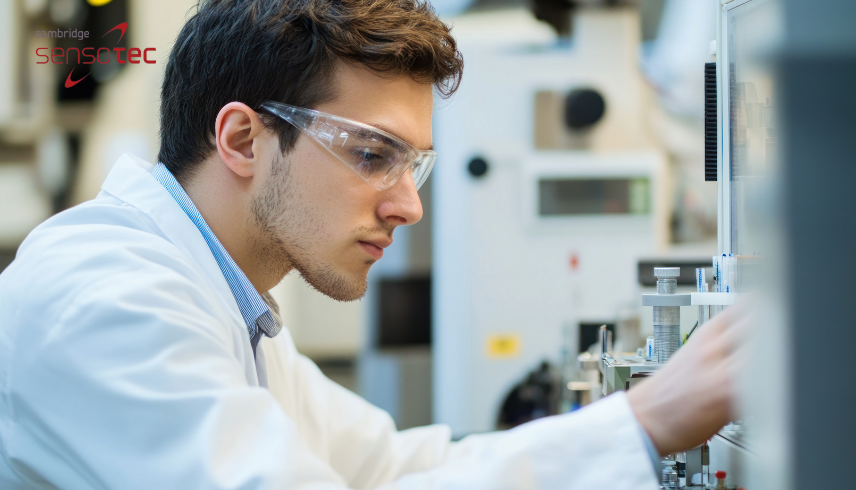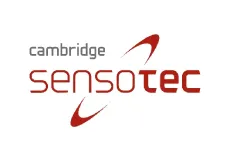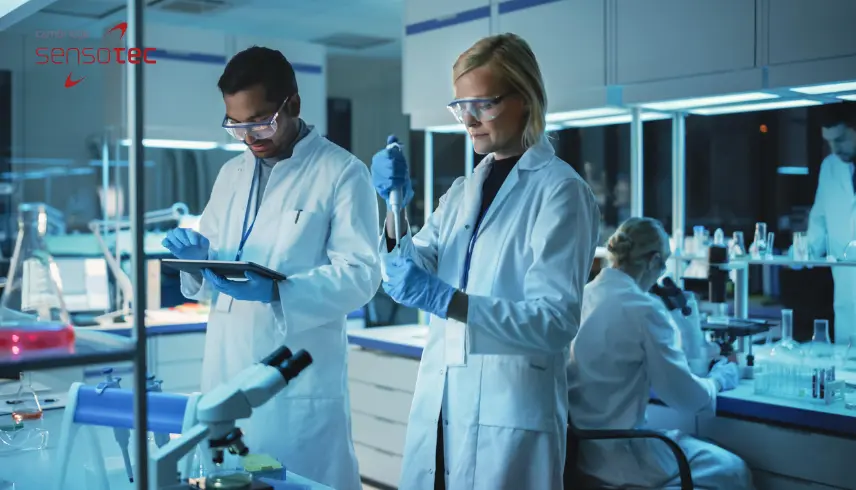

Why Hydrogen Measurement is Critical for Sustainable Industries
Introduction
Hydrogen is rapidly becoming central to global sustainability strategies. As industries transition to greener operations, hydrogen offers a clean, versatile energy source with applications in transportation, manufacturing, and energy storage. However, harnessing hydrogen’s full potential depends on precise and reliable hydrogen measurement. Without it, safety, efficiency, and environmental benefits cannot be guaranteed.
Cambridge Sensotec specialises in advanced gas analysis, providing solutions that support industries in meeting their sustainability goals. Accurate hydrogen measurement underpins this mission and sets the foundation for innovation.
The Role of Hydrogen in Sustainable Industries
Hydrogen is unique among fuels. When used in fuel cells or combustion processes, it produces only water as a byproduct, eliminating carbon dioxide emissions. As a result, governments and businesses worldwide are investing heavily in hydrogen infrastructure to decarbonise their operations.
For example, green hydrogen produced from renewable energy is now being integrated into national energy grids. Hydrogen is also being blended with natural gas to reduce carbon emissions in heating systems. Furthermore, hydrogen fuel cell vehicles offer zero-emission alternatives for heavy transport fleets, including buses and long-haul trucks.
However, for hydrogen to be safely and effectively deployed in all these applications, measurement must be accurate at every stage. From production in electrolysers to storage in tanks and use in vehicles or industrial plants, hydrogen measurement ensures:
- Process safety by detecting leaks or contamination
- Operational efficiency by maintaining correct concentrations
- Regulatory compliance with emissions and purity standards
- Cost savings through optimised usage and reduced waste
Why Hydrogen Measurement Matters for Safety
Hydrogen is colourless, odourless, and highly flammable. Even small leaks can create serious risks if undetected. Industries such as oil refining, ammonia production, and hydrogen fuelling stations require real-time monitoring to prevent incidents and ensure worker safety.
For instance, the Rapidox R3100 analyser supports continuous monitoring of hydrogen alongside other gases, making it ideal for safety-critical environments. Its multi-gas capabilities and alarm features ensure that any deviation from safe operating conditions is detected immediately, allowing operators to take quick corrective action and avoid potential hazards.
Hydrogen Measurement in Green Energy Projects
Green hydrogen, produced using renewable electricity in electrolysers, is key to decarbonising sectors like steelmaking and heavy transport. However, the production process itself depends on precise hydrogen measurement to ensure quality and purity.
The Rapidox R7100 hydrogen analyser is engineered for such applications. It ensures purity standards are met, preventing damage to fuel cells and enhancing system efficiency.
Learn more about this technology in our article on How the R7100 Hydrogen Analyser Revolutionises Green Energy.
Supporting Sustainable Manufacturing
Beyond energy, hydrogen measurement is vital in manufacturing processes. For example, semiconductor production can use hydrogen as a carrier gas to maintain controlled environments. Impurities can compromise product quality, resulting in expensive losses and rework. Hydrogen analysers such as the R1100 provide stable, targeted detection, ensuring only high-purity gas is used in sensitive manufacturing operations.
In the Asia-Pacific region, industries are rapidly adopting hydrogen technologies for both energy and manufacturing. As they do, demand for reliable measurement solutions is rising. Cambridge Sensotec’s analysers help organisations meet international standards, reinforcing brand credibility in these emerging markets and supporting regional decarbonisation targets.
Hydrogen Measurement for Net Zero Goals
Countries such as Japan, South Korea, and EU member states have set ambitious net-zero targets for the coming decades. Hydrogen plays a key role in their strategies, from powering public transport networks to storing excess renewable electricity for grid stability. However, these initiatives cannot succeed without precise measurement systems to ensure hydrogen is safely stored, transported, and used.
By ensuring hydrogen purity and detecting leaks, analysers reduce waste and improve safety. This supports sustainability goals by maximising hydrogen’s environmental benefits and minimising operational risks for operators and consumers alike.
Explore our article on Innovations in Hydrogen Analysis for insights into how measurement technologies are advancing to meet global decarbonisation targets.
Hydrogen Measurement in Research and Development
R&D organisations developing next-generation fuel cells, storage materials, or hydrogen combustion engines depend on accurate analysis to validate experiments and prototypes. Instruments like the Rapidox R3100 offer multi-gas detection and data logging when connected to a PC, making them ideal for laboratory settings where precision and repeatability are crucial for breakthrough discoveries.
In addition, academic partnerships are increasingly focusing on hydrogen innovation. Universities in the UK, Europe, and Asia are using advanced analysers to explore hydrogen blending, ammonia synthesis, and hydrogen-powered transportation systems. Without reliable measurement tools, such research cannot produce scalable or commercially viable solutions.
Learn more about these applications in our blog on Gas Analysis for Research and Development.
The Future of Hydrogen Measurement
As hydrogen infrastructure expands, so will the need for advanced measurement solutions. Future developments include:
- Integration with digital systems for remote monitoring and data-driven optimisation – already available with our analysers
- AI-powered diagnostics to predict maintenance needs and prevent downtime
- Enhanced sensitivity sensors for ultra-pure hydrogen applications in fuel cell manufacturing
- Portable analysers enabling flexible deployment in field testing, pipeline inspections, and temporary installations – already available with our analysers
Cambridge Sensotec remains at the forefront of this evolution, supporting clients in sectors ranging from pharmaceuticals to additive manufacturing, where hydrogen measurement underpins both process control and safety compliance.
Conclusion
Hydrogen measurement is not just a technical necessity; it is a strategic enabler for industries committed to sustainability. From preventing safety incidents to ensuring product quality and achieving net-zero targets, accurate measurement empowers organisations to unlock hydrogen’s full potential.
Cambridge Sensotec’s range of hydrogen analysers delivers the precision, reliability, and flexibility that modern industries demand. As the world accelerates towards a cleaner future, hydrogen measurement will remain critical to sustainable success.


